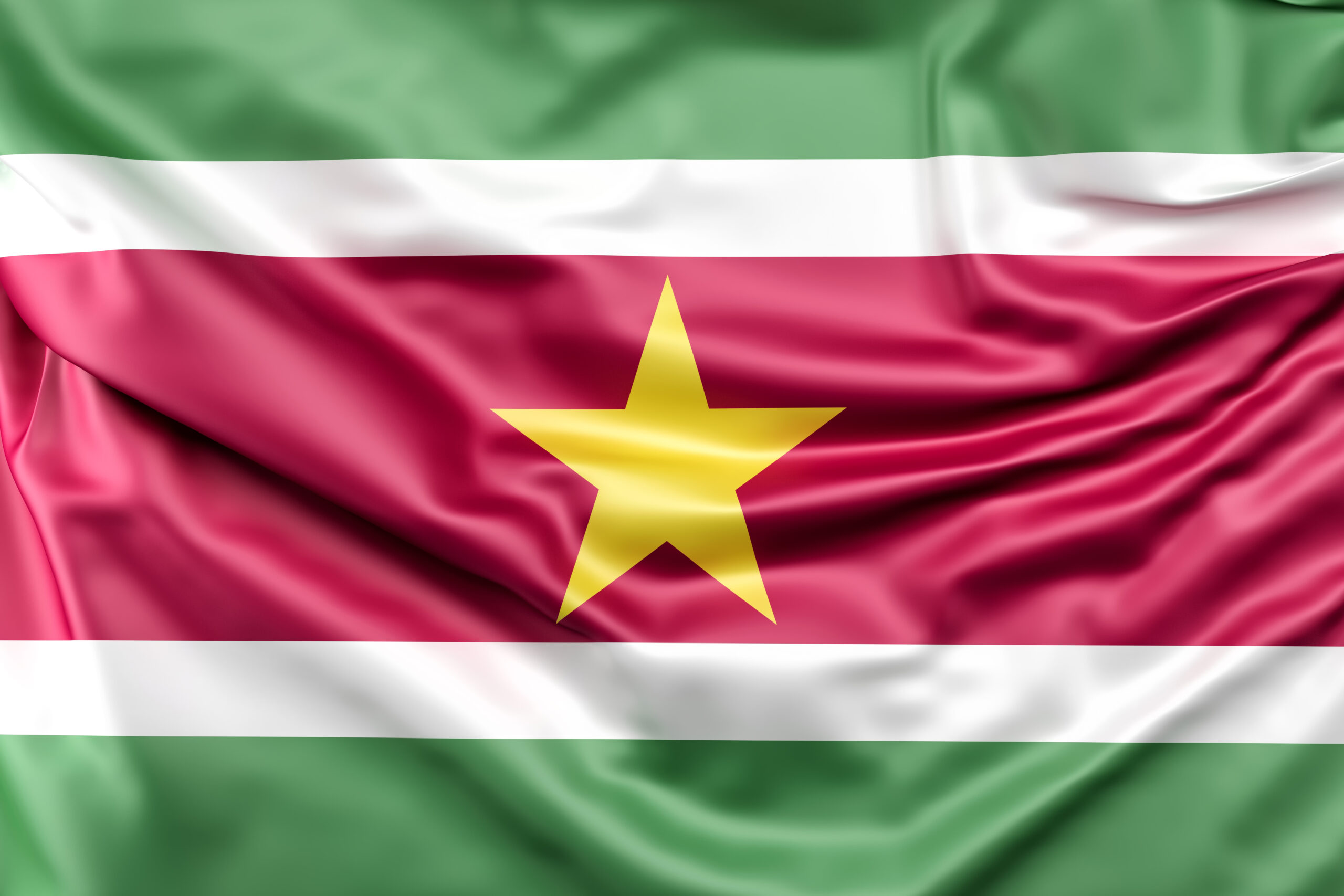Citizens of Norway can now enjoy visa-free entry to China for short stays, thanks to a recent agreement between the two countries. This exciting development simplifies travel for tourists, businesspeople, and anyone planning a brief visit to China.
Key Points:
- Norwegians can visit China visa-free for up to 15 days for tourism, business, visiting family/friends, or transit purposes.
- The visa exemption applies only to stays under 15 days. Longer visits still require a visa application.
- China currently offers similar visa-free entry to 11 other EU countries.
- Reciprocity is not yet in place, meaning Chinese travelers still require a Schengen visa for Europe.
A Welcome Change:
Prime Minister Jonas Gahr Støre of Norway welcomed the agreement, highlighting its benefits for travel, business, and cultural exchange. This visa-free access streamlines travel for Norwegians, fostering stronger ties with China.
Important Note on Reciprocity:
While China offers visa-free entry to several EU countries, including Norway, reciprocity is not yet in place. Schengen visas remain a requirement for Chinese travelers visiting Europe.
China’s Open Door Policy:
China’s visa liberalization aims to attract more EU visitors. Besides Norway, eleven other EU member states currently enjoy visa-free entry to China:
- Austria https://www.austria.info/en
- Belgium https://www.belgium.be/en/about_belgium/tourism
- France https://www.france.fr/en/
- Germany https://www.germany.travel/en/home.html
- Hungary https://hungary.com/
- Ireland https://www.ireland.com/
- Italy https://en.wikipedia.org/wiki/Tourism_in_Italy
- Luxembourg https://www.visitluxembourg.com/
- Netherlands https://www.holland.com/
- Spain https://www.spain.info/en/
- Switzerland https://www.myswitzerland.com/en-ch/
Temporary Policy:
The visa-free entry for these countries is currently valid until December 31, 2025, with the possibility of extension. China hasn’t announced plans for visa liberalization with other EU members.





